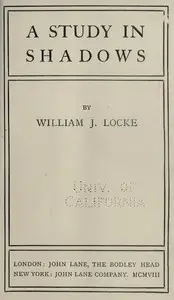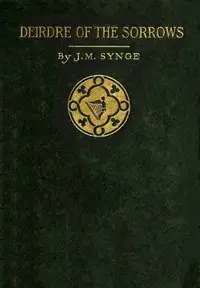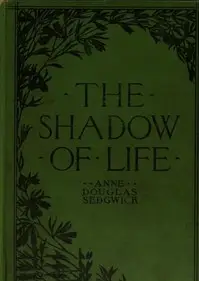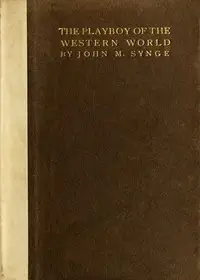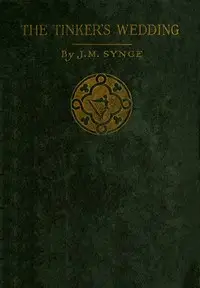"In the Shadow of the Glen" by J. M. Synge is a play that explores hard times, being by yourself, and people needing other people, all set in the countryside of Ireland. The play is in one small house where Nora Burke, a woman whose husband just died, is the main focus, showing how she feels and deals with others. The story shows Nora getting ready for her husband Dan's funeral party, but it turns out he's only pretending to be dead because he wants to get away from his life. A homeless man stops by looking for a place to stay out of the rain, and their talks show how family and society expect people to act. Nora talks about how lonely she is, and Dan's tricks make you wonder if he ever really cared about his wife or his life. Nora thinks about leaving her old, sad life behind, and her choices show how hard it is to be yourself instead of just doing what everyone else wants you to do. In the end, the play is about a big change, showing how wanting to be with someone can make people do surprising things.
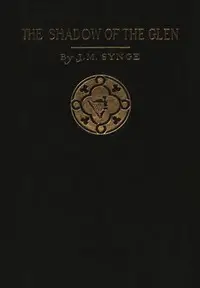
In the Shadow of the Glen
By J. M. (John Millington) Synge
In a remote Irish cottage, a supposed widow’s grief is interrupted by a wandering tramp and a not-so-dead husband, leading her to choose between a life of lonely obligation and the unknown promise of companionship.
Summary
About the AuthorEdmund John Millington Synge was an Irish playwright, poet, writer, collector of folklore, and a key figure in the Irish Literary Revival. His best-known play The Playboy of the Western World was poorly received, due to its bleak ending, depiction of Irish peasants, and idealisation of patricide, leading to hostile audience reactions and riots in Dublin during its opening run at the Abbey Theatre, which he had co-founded with W. B. Yeats and Lady Gregory. His other major works include In the Shadow of the Glen (1903), Riders to the Sea (1904), The Well of the Saints (1905), and The Tinker's Wedding (1909).
Edmund John Millington Synge was an Irish playwright, poet, writer, collector of folklore, and a key figure in the Irish Literary Revival. His best-known play The Playboy of the Western World was poorly received, due to its bleak ending, depiction of Irish peasants, and idealisation of patricide, leading to hostile audience reactions and riots in Dublin during its opening run at the Abbey Theatre, which he had co-founded with W. B. Yeats and Lady Gregory. His other major works include In the Shadow of the Glen (1903), Riders to the Sea (1904), The Well of the Saints (1905), and The Tinker's Wedding (1909).


